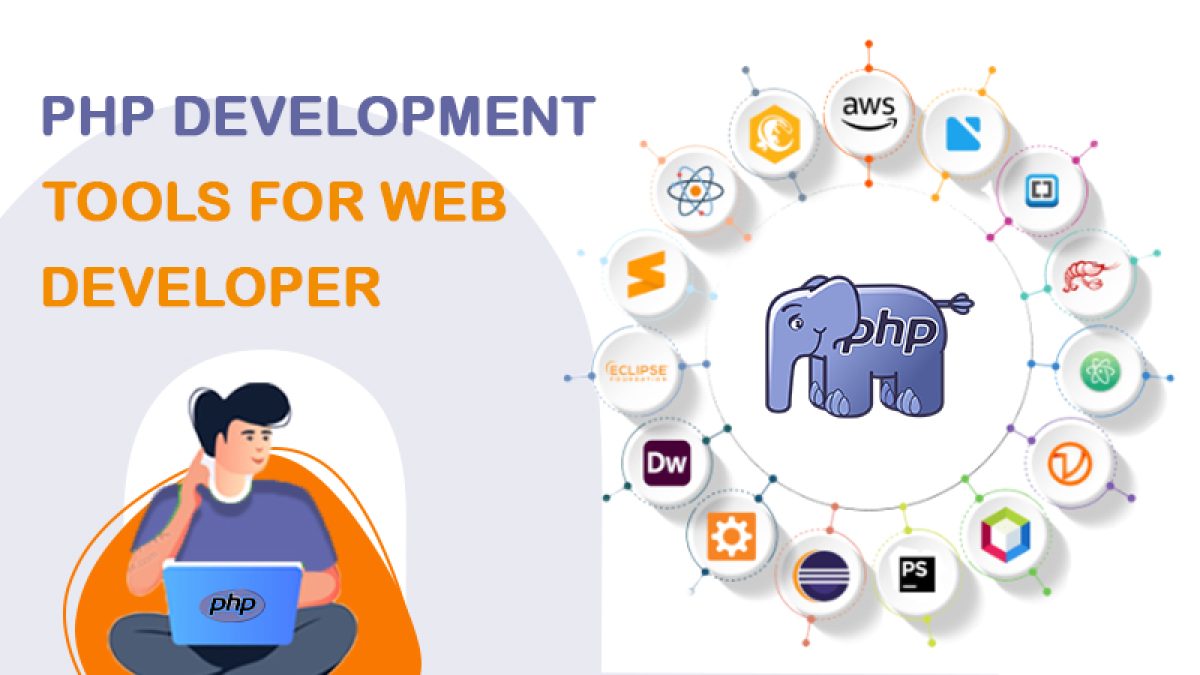Blitz News Digest
Stay updated with the latest trends and insights.
When PHP Meets Chaos: Adventures in Web Development
Discover the wild world of web development as PHP faces chaos! Uncover tips, tricks, and thrilling tales that every coder needs to know.
Exploring the Chaos: Top 5 PHP Tools for Navigating Web Development Challenges
Web development can often feel like navigating through a chaotic maze, especially for PHP developers. To help you tackle the various challenges you may encounter, we present the top 5 PHP tools that streamline your process and enhance productivity. These tools are designed to tackle different facets of web development, from debugging and testing to performance optimization and framework management, ensuring you remain focused and efficient.
- Xdebug: This powerful debugging tool allows you to analyze and fix issues in your PHP code with ease.
- Composer: A package manager for PHP that simplifies the process of managing dependencies and libraries.
- Laravel: This popular PHP framework provides a robust set of tools for building applications efficiently.
- PHPUnit: Essential for testing your applications, PHPUnit ensures your code is working as expected through unit tests.
- PhpStorm: This integrated development environment (IDE) offers intelligent coding assistance, making it easier to write and maintain your PHP code.
By utilizing these essential PHP tools, you can conquer the complexities of web development, enabling you to build high-quality applications that stand out in today's competitive online landscape.

When PHP Goes Awry: Debugging Common Issues in Web Development
When working with PHP, developers often face various challenges that can lead to frustrating debugging sessions. Common issues include syntax errors, unexpected results, and problems with database connections. To effectively tackle these problems, it is essential to adopt a systematic approach. Start by checking for simple syntax errors, such as missing semicolons or mismatched parentheses, which can easily derail your code. Utilize tools like PHP error reporting to pinpoint where the issues arise, allowing for faster resolution.
Another frequent challenge in PHP development is handling variable scope and data types incorrectly. Understanding how PHP manages variable states, such as global versus local variables, can prevent many headaches. Additionally, ensure that the data types you're working with are compatible, as type juggling in PHP can lead to unexpected behavior. By adopting best practices, including thorough testing and using debugging tools like Xdebug, developers can minimize the occurrence of these issues and streamline their web development process.
Can PHP Handle the Chaos? A Deep Dive into Scalability and Performance
When it comes to web development, PHP is often hailed for its simplicity and ease of use. However, as applications grow in complexity and traffic increases, the question arises: Can PHP handle the chaos? The answer largely depends on how well developers implement architectural strategies that enhance scalability and performance. Leveraging techniques such as caching, load balancing, and optimizing database queries can significantly bolster PHP's ability to manage high traffic and large-scale applications effectively.
Moreover, modern PHP frameworks like Laravel and Symfony have introduced various built-in tools that help tackle the challenges of scalability. They incorporate features like middleware for efficient request handling and advanced routing capabilities that can streamline operations during peak usage times. Additionally, utilizing asynchronous programming with libraries like ReactPHP or integrating message queues can further enhance PHP's performance in chaotic environments, ensuring that it remains a viable option for developers looking to build robust and scalable applications.